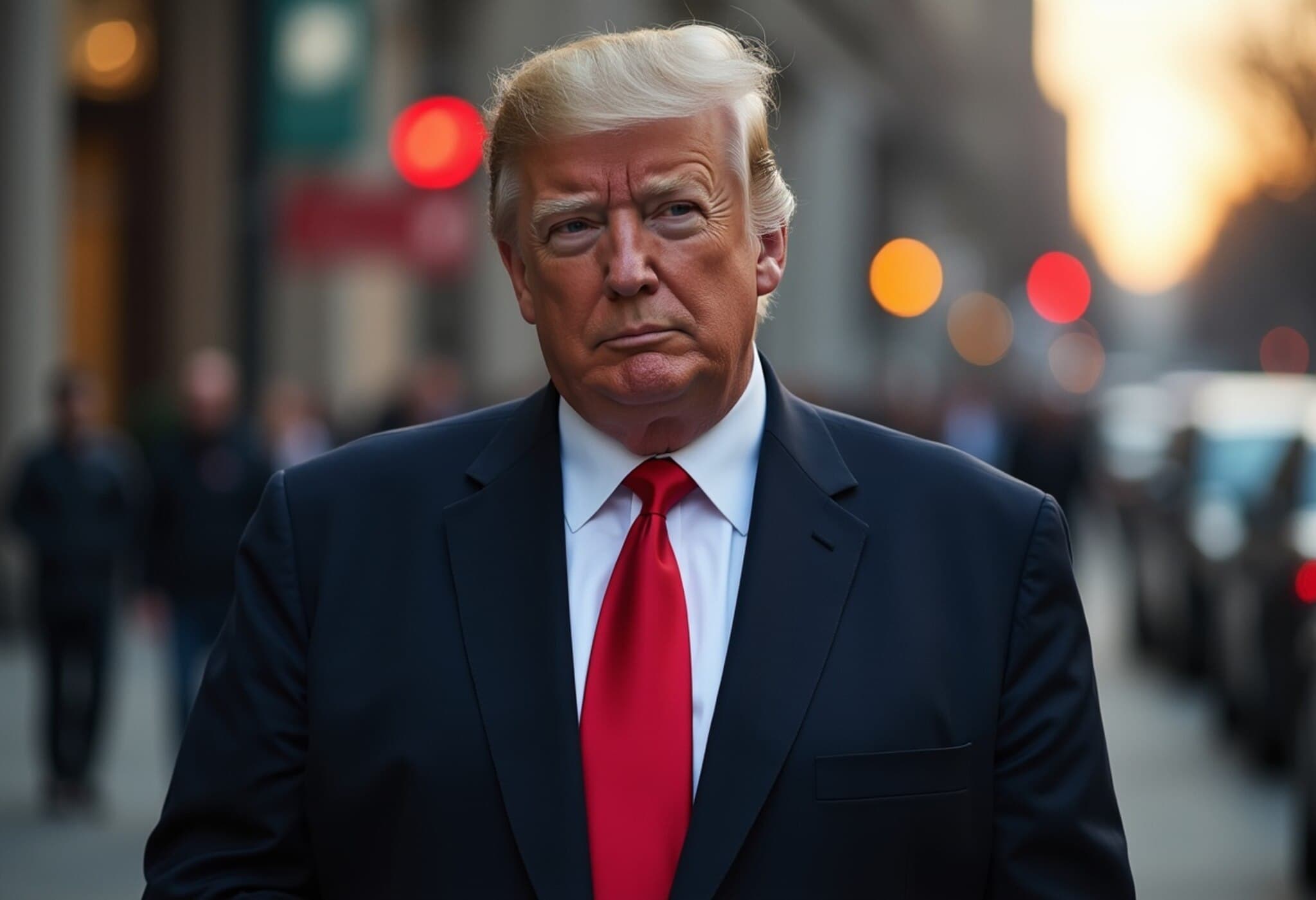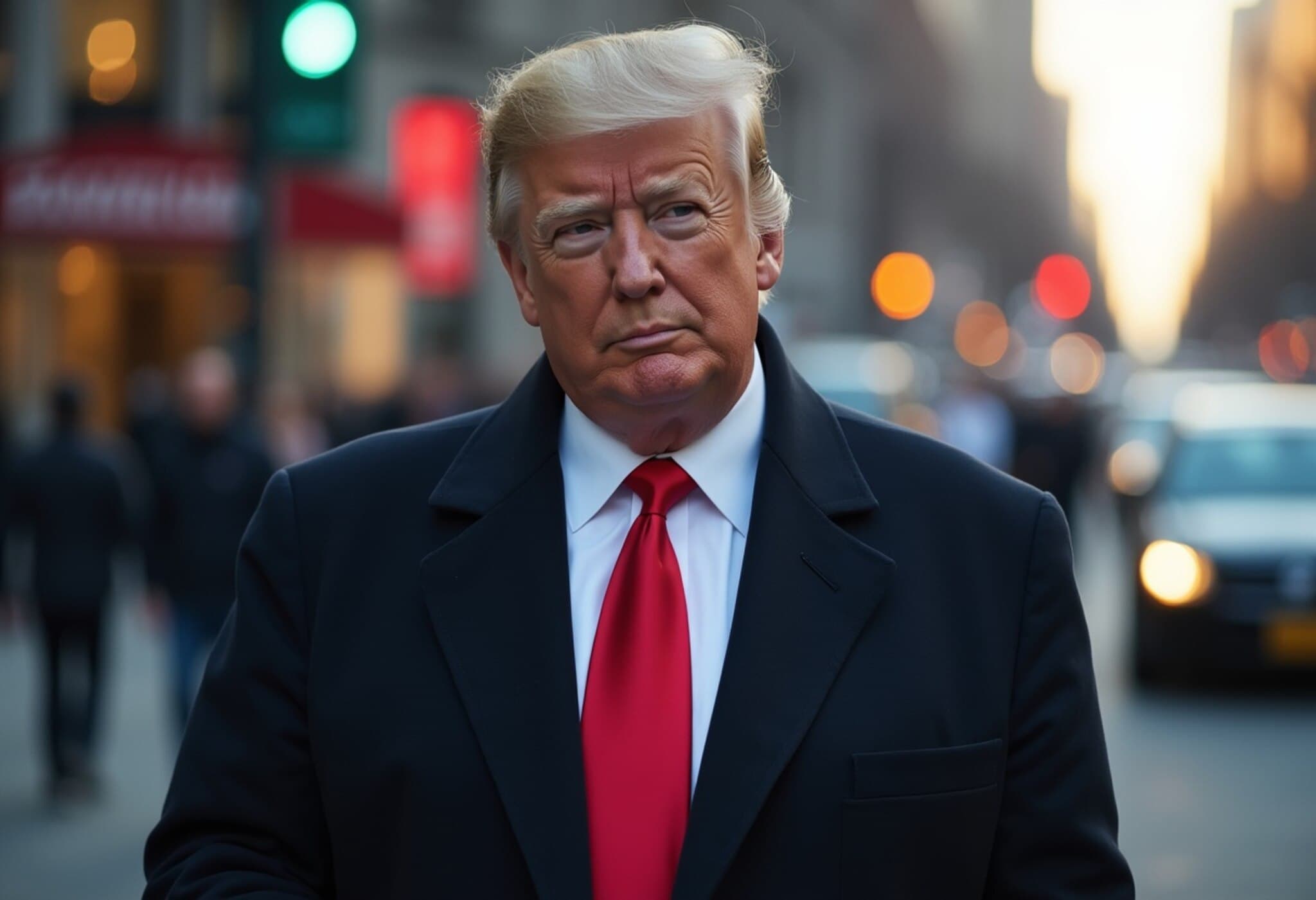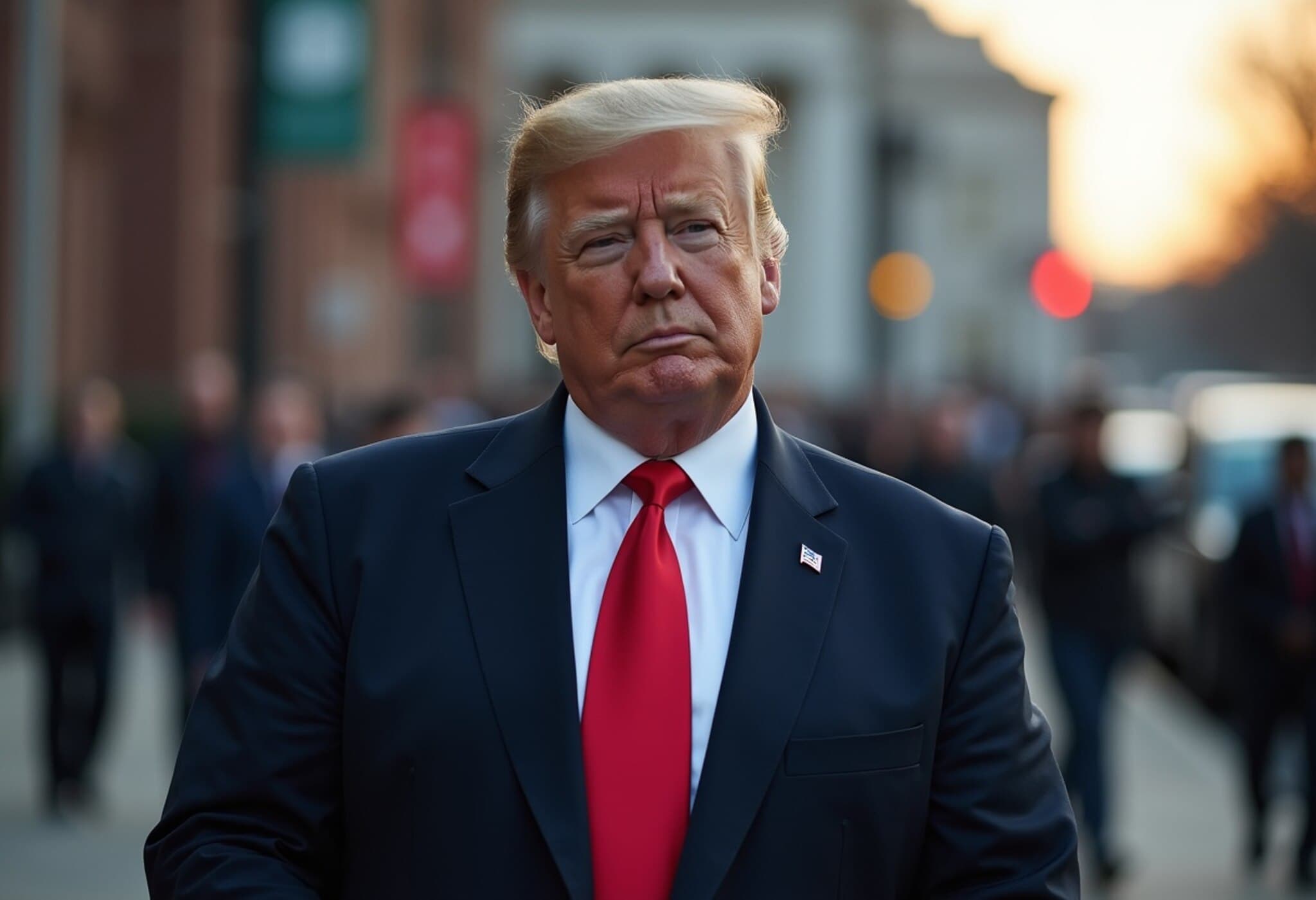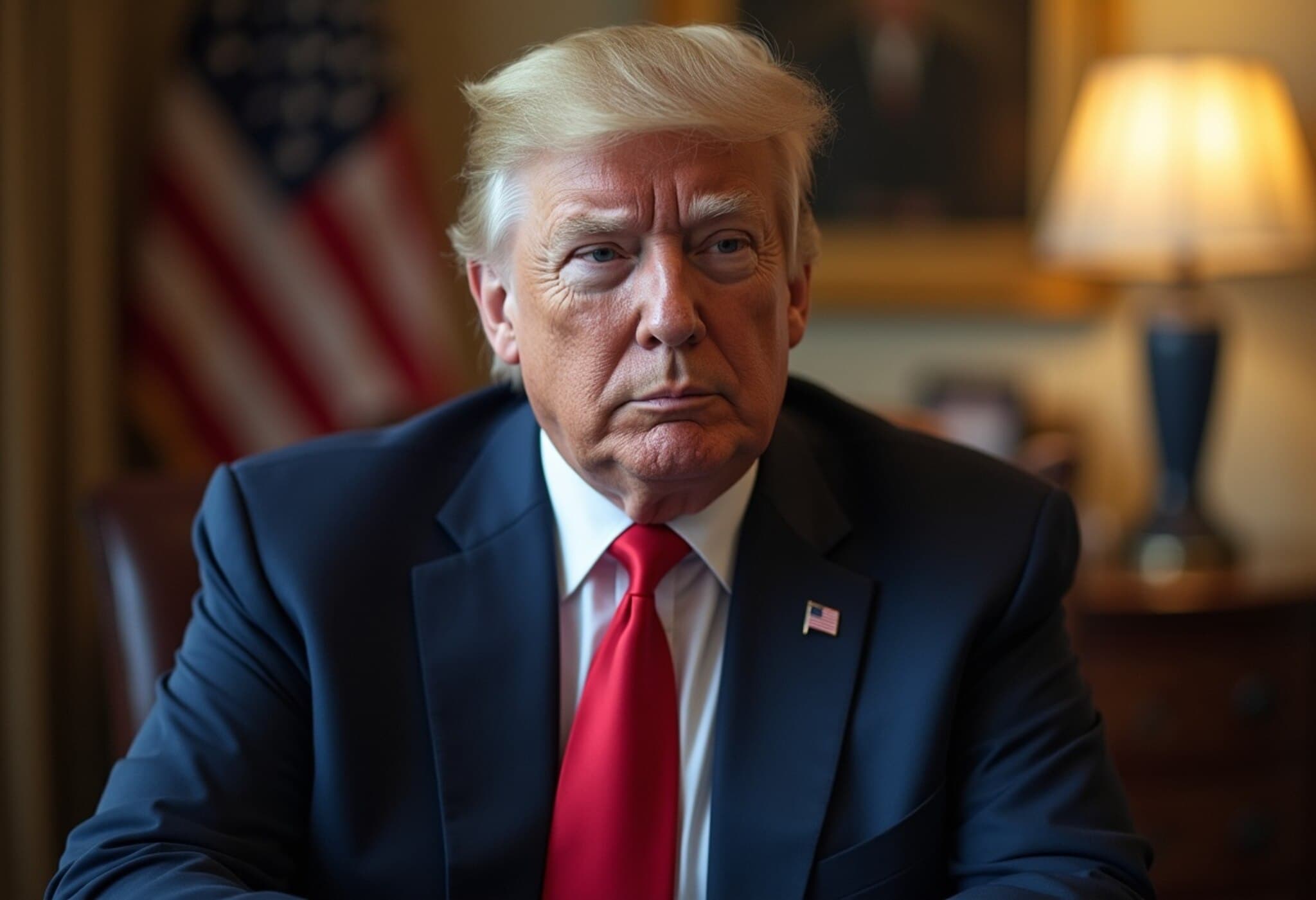Rising Youth Crime Sparks Federal Takeover Threats in Washington DC
In a tense escalation reflecting ongoing debates over governance and public safety in America’s capital, former President Donald Trump has renewed his call for direct federal control over Washington DC following a recent violent attack on a prominent government efficiency official. The incident, involving the attempted carjacking and assault of Edward Coristine—known colloquially as “Big Balls”—has reignited questions about the city's ability to manage rising youth-related crimes.
The Incident: A Nighttime Assault in Logan Circle
The unsettling event took place early Sunday morning in Logan Circle, a neighborhood often considered vibrant yet increasingly troubled. Coristine, a high-profile member of the Department of Government Efficiency (DOGE)—Trump’s initiative aiming to streamline federal operations—was attacked around 3 a.m. alongside a female companion, identified by police as his significant other.
Witness accounts and Metropolitan Police Department (MPD) reports reveal that a group of teenagers approached their vehicle with apparent intent to seize it by force. In a protective move, Coristine ushered the woman inside before confronting the assailants. The confrontation quickly escalated into a physical assault until nearby officers intervened, prompting the teenagers to flee.
Police later apprehended two 15-year-olds from Maryland, charging them with unarmed carjacking. Authorities continue to investigate and search for additional suspects involved in the attack.
Political and Social Context: A City at a Crossroads
This assault has become the latest flashpoint in a long-standing political tug-of-war over the governance of Washington DC. Unlike every other major U.S. city, DC lacks full statehood and autonomous control, which has made it exceptionally vulnerable to federal imposition—a fact that Republican leaders, including Trump, have repeatedly leveraged to criticize local Democratic leadership.
Highlighting the attack, Trump tweeted from his social media platform, Truth Social, declaring crime in the city to be “out of control.” He warned, "If D.C. doesn’t get its act together, and quickly, we will have no choice but to take Federal control of the City, and run this City how it should be run, and put criminals on notice that they're not going to get away with it anymore.”
Such remarks tap into a broader narrative often championed by Republicans portraying Washington as emblematic of urban lawlessness under Democratic rule, despite city officials emphasizing that overall violent crime has decreased by over 25% compared to last year.
The Underlying Issue: Youth Crime and Carjackings
Amid the complex crime dynamics in DC, youth violence, particularly related to carjackings, has emerged as a stubborn problem. Last year, a tragic incident involving a 14-year-old charged in a Lyft driver’s death during a failed carjacking attempt made national headlines, spotlighting the severity and youth involvement in such offenses.
MPD data backs this trend, showing a significant portion of carjacking arrests involve juveniles. Community leaders and law enforcement officials face ongoing challenges in addressing the root causes such as socioeconomic disparities, lack of youth engagement programs, and systemic issues within the city’s justice and education systems.
Expert Commentary: Balancing Governance and Local Autonomy
Legal experts point out that federal takeover of DC raises complex constitutional and democratic questions. “Washington DC’s unique status means federal intervention is possible but highly contentious,” explains Dr. Linda Perez, a constitutional law scholar at Georgetown University. "While public safety is paramount, stripping local governance risks undermining community representation and long-term solutions crafted by residents themselves.”
Economic analysts warn that heightened federal control focused primarily on enforcement without addressing underlying social inequities could exacerbate tensions and undercut urban revitalization efforts. Effective crime reduction, they argue, requires integrated investment in education, employment opportunities, and community health.
Looking Ahead: What’s Next for Washington DC?
As the investigation into Edward Coristine’s attack continues, the city finds itself at a crossroads—balancing the urgent need to protect its residents with maintaining its hard-fought local autonomy. Whether federal authorities will heed President Trump’s threat remains uncertain, but the conversation highlights the persistent struggles faced by Washington DC in ensuring safety against the backdrop of political conflict.
Community voices call for nuanced approaches combining enhanced policing with social programs to effectively reduce youth crime without jeopardizing civil liberties or local governance.
Editor’s Note
This incident and subsequent political reactions underscore the fragile interplay between crime, governance, and democratic autonomy in America's capital. As Washington grapples with youth violence and governance challenges, it’s critical to ask: Can federal intervention offer a sustainable solution, or does it risk further alienating a community already burdened by systemic challenges? Readers are encouraged to consider the balance between security and self-determination essential to the city’s future.













